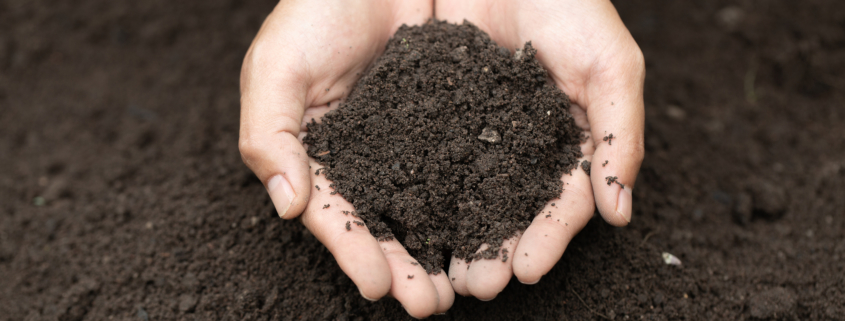The Soil-Keeping Approach to Regenerative Justice: 7 Principles
In this critical moment in our shared history, the call for transformational change is growing louder. But what exactly does this involve? Transformational change emerges from deep beneath that which we can see. Our beliefs shape our identities, just as soil health shapes plant life and paradigms shape social systems. Realizing the promise of a just society requires us to remediate inequities embedded in our soils, societies, and selves. However, “systems change” work often stops short of including all of these nested domains, hindering our ability to cultivate conditions conducive to life.
Many people trace the origins of injustice and need for transformational change back to colonization. Looking at the root of this term can help us understand these complexities and devise new healing pathways. The word “colonization” comes from the Latin colere, the noun form of which, colonus, originally signified a tiller of the earth.
Western imagination tends to associate tilling by mechanical plows as the hallmark of industrial progress and evidence of cultural superiority.

